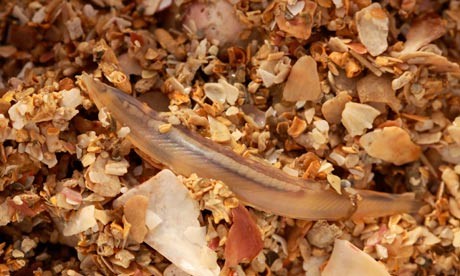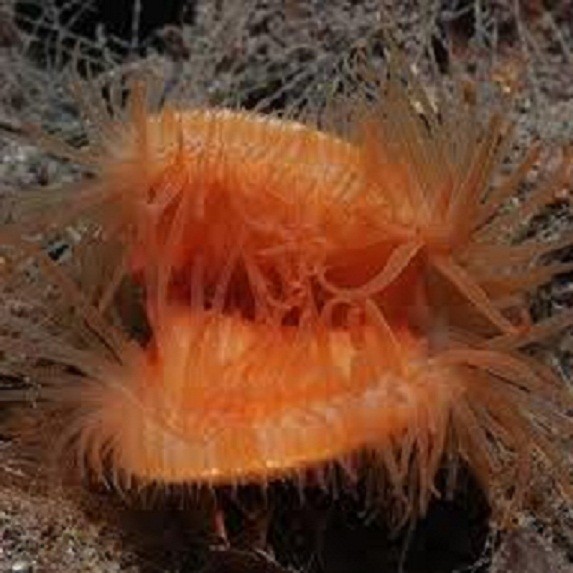Faceless Fish, Giant Mussels Among New Species Discovered Near Scotland [PHOTOS]
A group of researchers have found a prehistoric rare marine species near Orkney Islands in Scotland. This is one among the 15 rare marine species discovered in 2011.
This rare fish doesn't have brain, face and fins. It is just two inches long and has a semi-transparent body. The fish is not a good swimmer and doesn't have any bones. The fish has a nerve cord in its back which helps it to move around.
The researchers also found several other species like giant mussels, flame shell bed, horse mussels and fan mussels near Scotland.
"In an age where the lands of the world have been mapped out and recorded, it's amazing how many discoveries are waiting to be found under the waves," Environment Secretary Richard Lochhead said.
"The waters around Scotland are rich in such fascinating biodiversity and it's our responsibility to protect this fragile environment. That's why we have ramped up our marine survey work, with plans being prepared for new surveys in 2012 to further our knowledge of what lies beneath Scotland's seas," he added.
The giant mussel has a very strong shell and was around 18 inches in length. Researchers said that giant mussel could live up to 20 years.
The fan mussel appears like a hand fan and is horny. It is brown in colour and also has golden filaments that appear like human hair. Its length is around 48 cm.
The largest horse mussel, which was discovered near Caithness in Scotland, could live up to 50 years.
As the name suggests, the flame shell bed appears like a flame and has beautiful bright orange filaments merging between the shells.


© Copyright IBTimes 2025. All rights reserved.





















